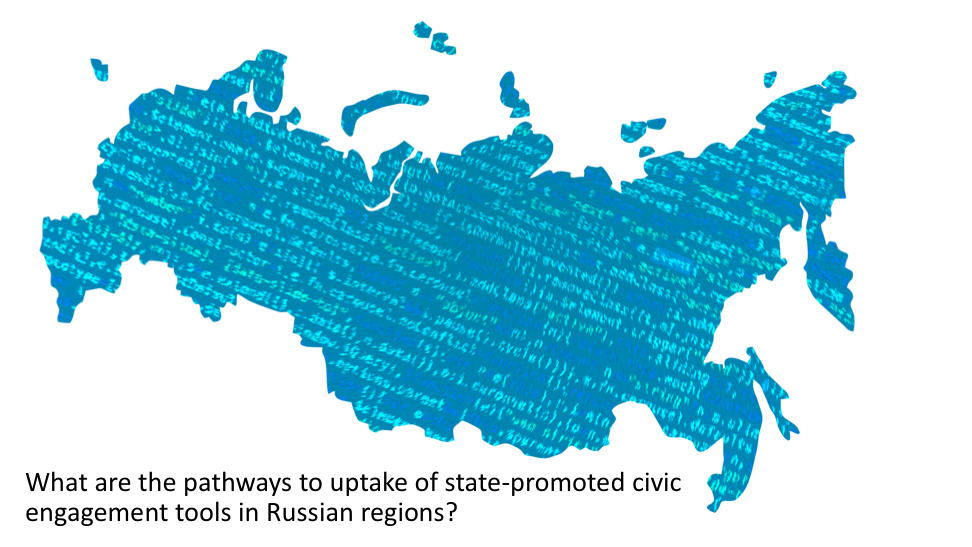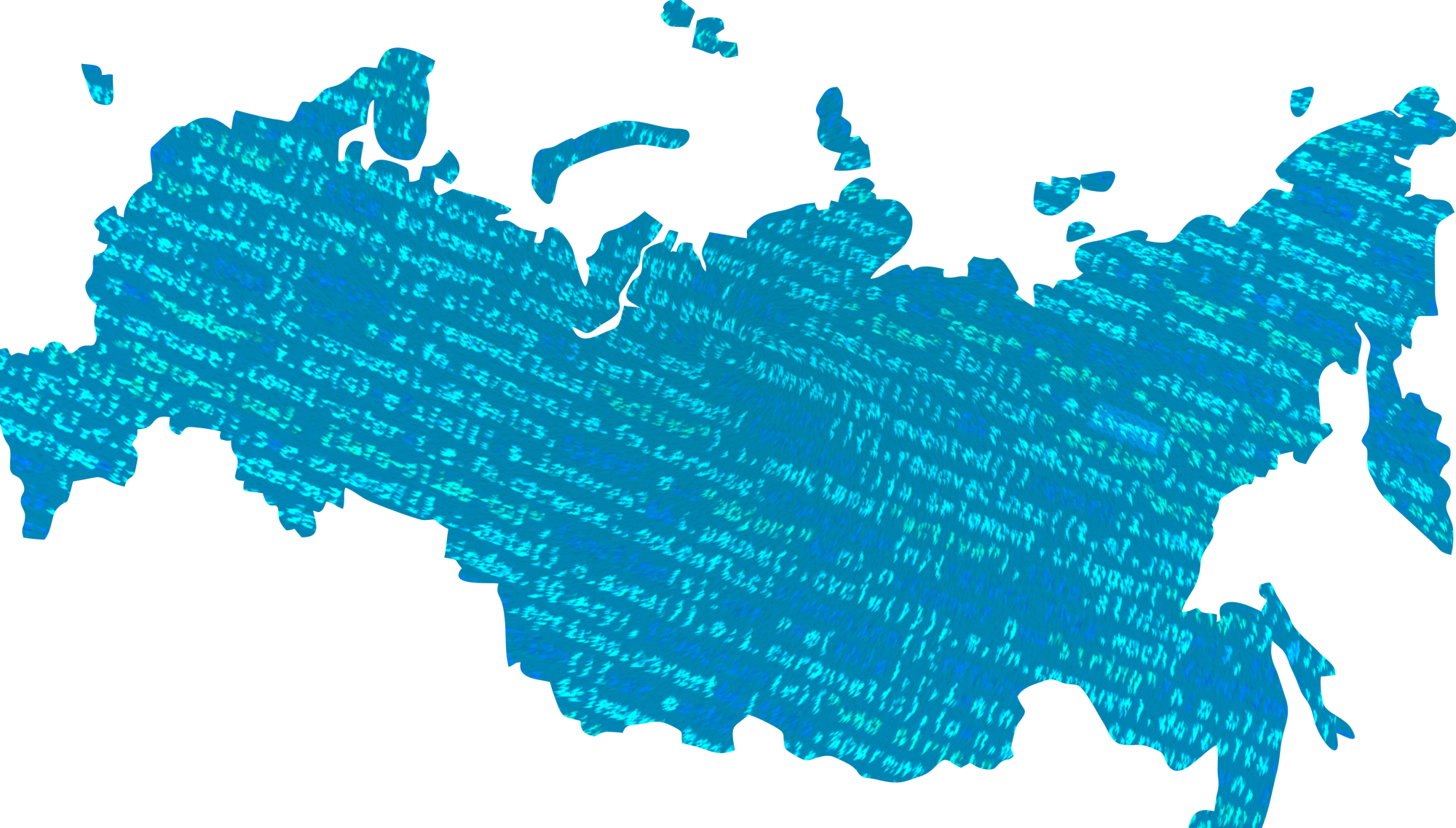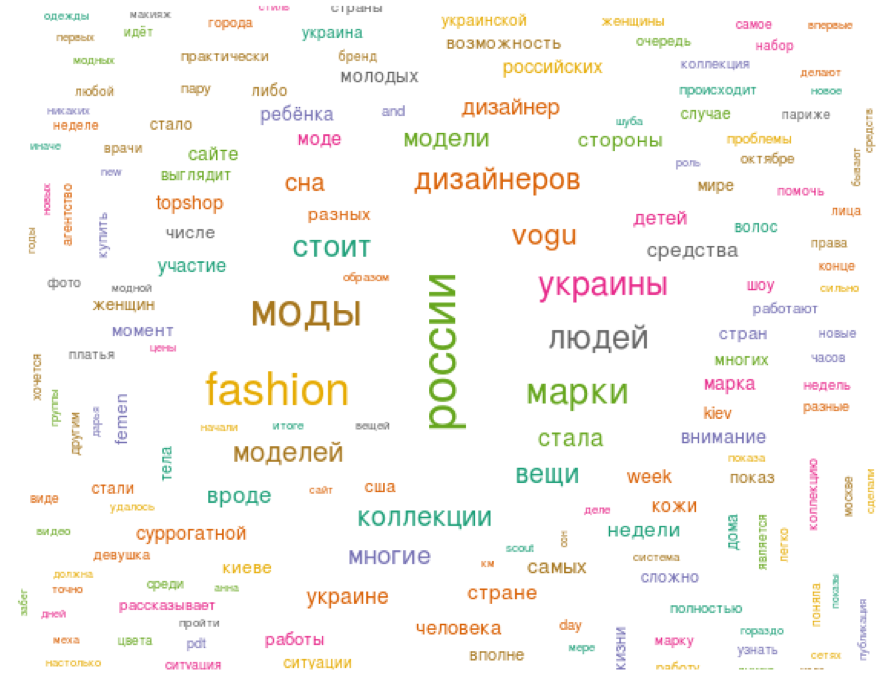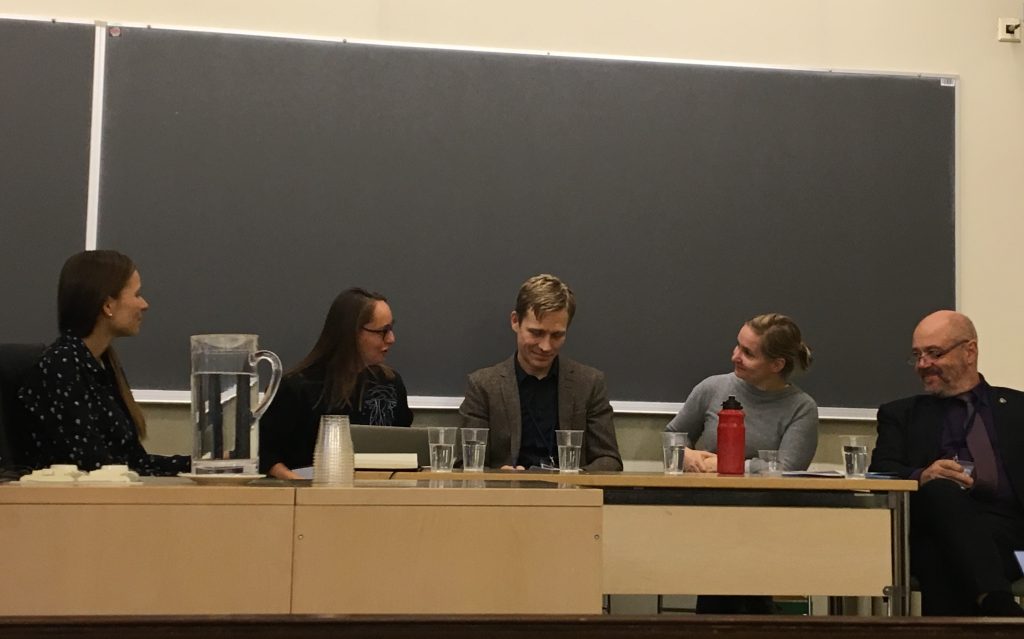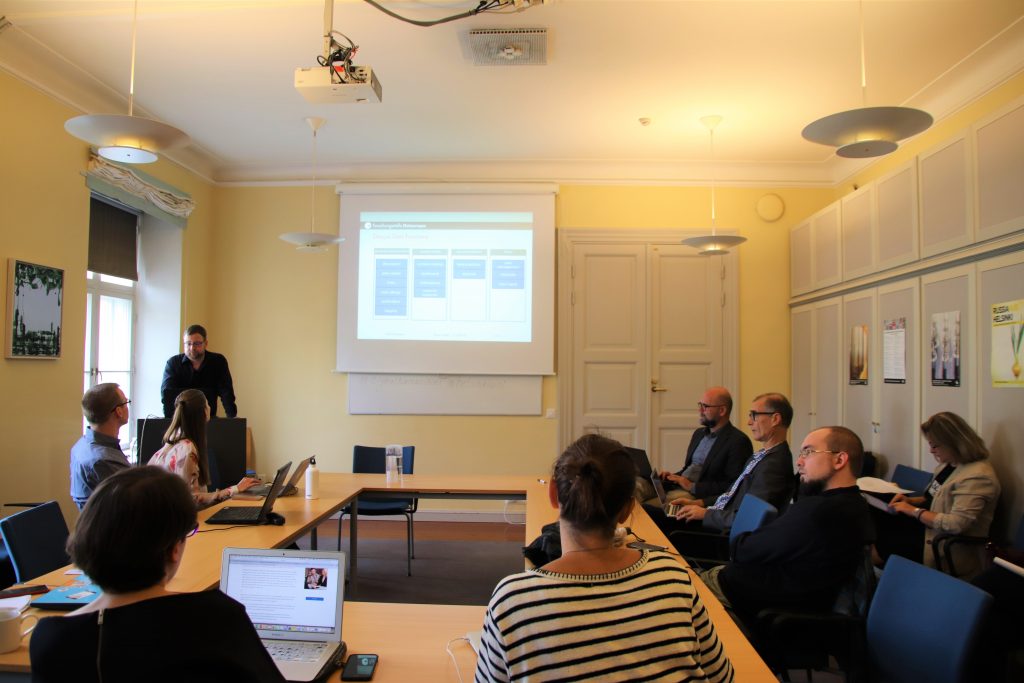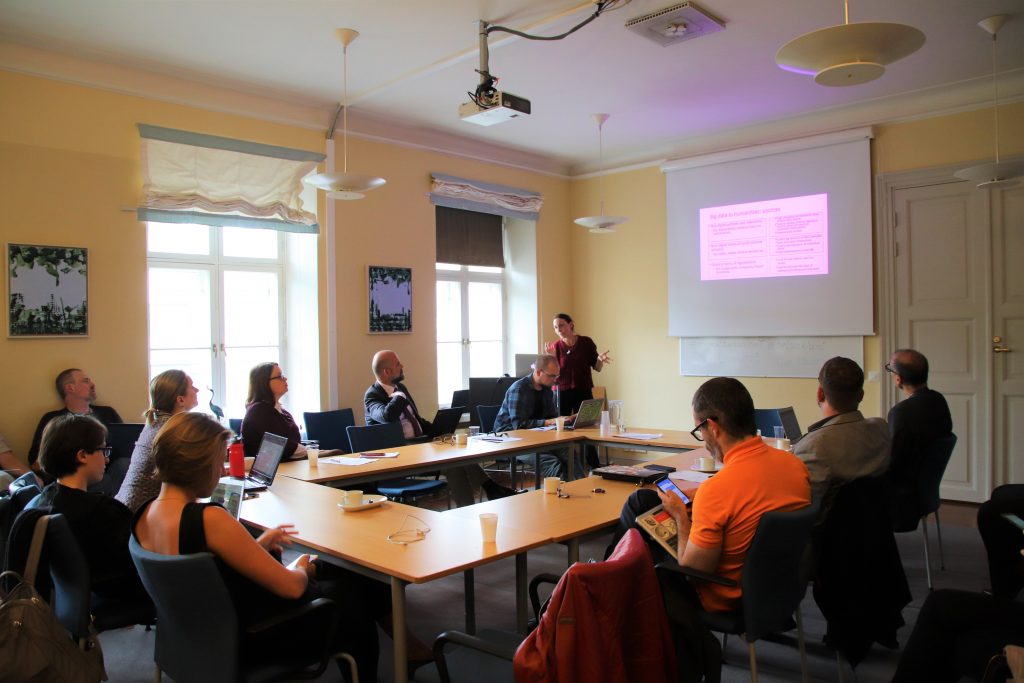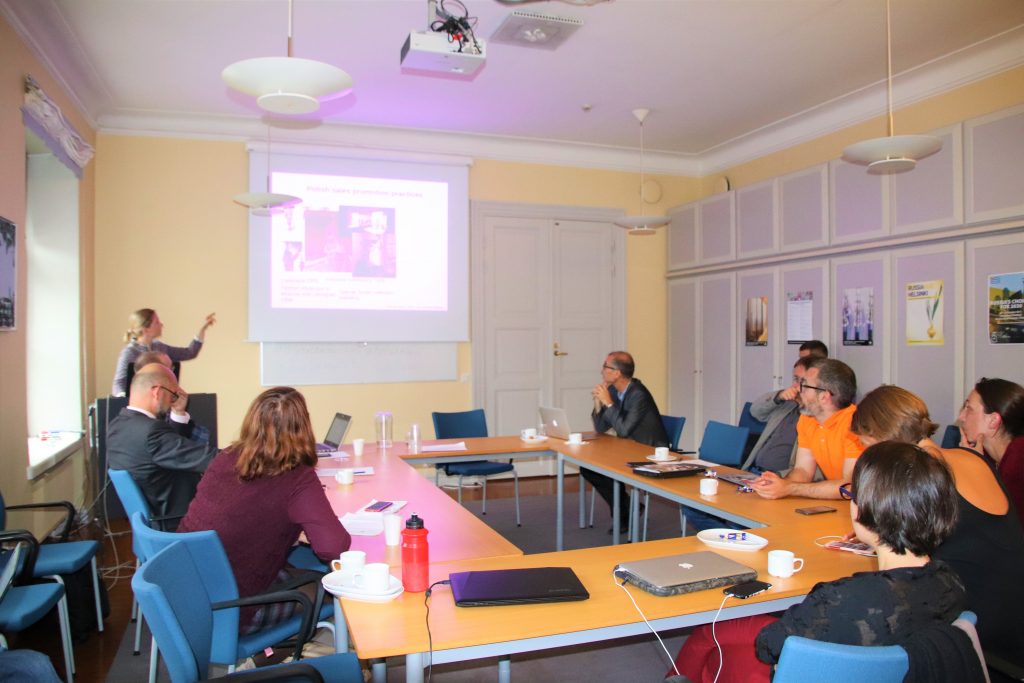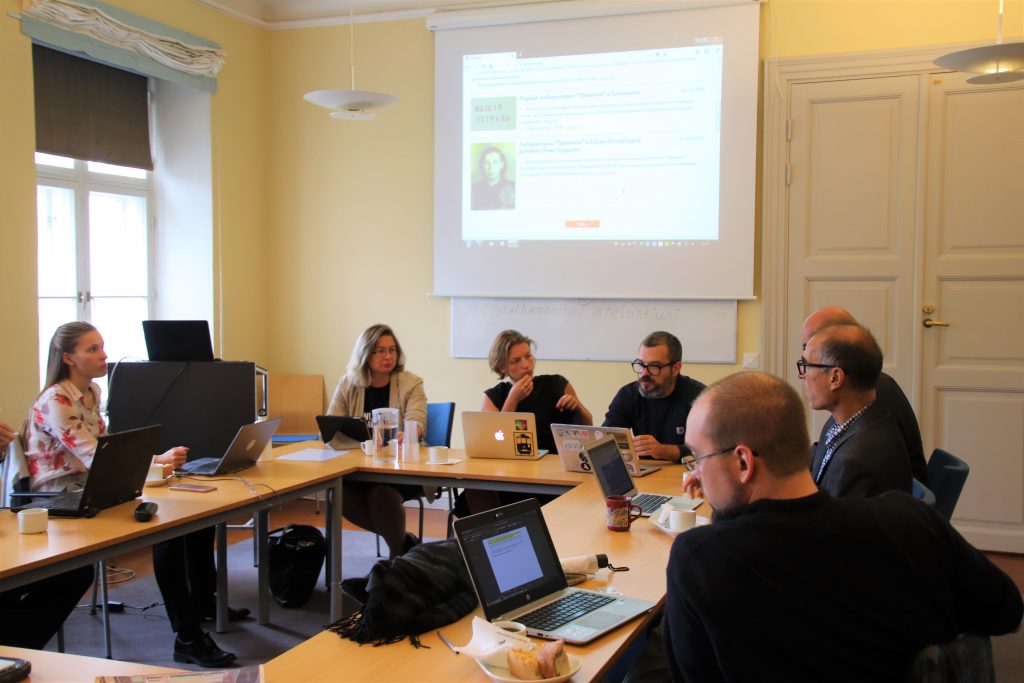The STRAPPA project is hosting an afternoon seminar on 4 April on ‘Persuasion, conspiracy thinking and the securitisation of information in Russia and beyond’. We are very happy that several of our network partners will join us to share their research (for the full programme and list of speakers, see below).
Attendance is free, but registration in advance is required. Please register by 29 March by clicking here.
Persuasion, Conspiracy Thinking and the Securitisation of Information in Russia and Beyond
4 April 2019, 13:15-16:30 – Aleksanteri Institute, 2nd floor meeting room
13:15-13:45 – Introduction
Strategies of Persuasion – Russian Propaganda in the Algorithmic Age
Mariëlle Wijermars, University of Helsinki
13:45-14:45 – Session 1
Curation, legitimation and populist communication: the packaging of global politics on RT (Russia Today)
Precious Chatterje-Doody, University of Manchester
In recent years, Russia’s state-funded international broadcaster RT (Russia Today) has become the focus of significant international scrutiny: British MPs have debated a ban; France has denied accreditation to RT France journalists; and the network was forced to register as a foreign agent in the USA. Even the network’s former Head of Social recognises the “toxic” nature of the brand. In the face of such challenges, how does RT package its outputs in ways intended to resonate with target audiences? This paper introduces 3 core tactics in RT’s playbook: curation of topics and expertise; (de)legitimation of key players’ actions; and use of populist communication logics.
The world according to the truthseekers: Conspiracy and the everyday on RT
Ilya Yablokov, University of Leeds
What is the US government involved in to conspire against its citizens and other good-willing people in the world? What happened on 9/11? Why the US is interested in spreading LGBT propaganda in Russia? How does the world look like according to the famous conspiracy theorist Jesse Ventura? This paper is dedicated to RT’s most overtly conspiratorial output: the shows ‘The Truthseeker’ and ‘The World According to Jesse Ventura’. These shows explicitly designed to seek out facts that established institutions and power structures have allegedly sought to cover up. The two programmes under investigation date from the network’s inception, and its present-day programming respectively. My analysis reveals an evolution over time in the representational strategies used to convey conspiracy theories on RT. I provide the framework to understand how conspiracy theories operate over time since 2010, when RT launched its broadcasting in the US, and I explore how these theories are being applied to seek support of various subnational communities inside the US.
14:45-15:00 – Coffee break
15:00-16:00 – Session 2
Persuasion, mockery, and ambiguity: Recent changes in pro-state discourse on Runet
Vera Zvereva, University of Jyväskylä
This paper focuses on the discursive convergence of the pro-state mainstream media, social media as used by Russian state officials, and the more dubious resources associated with the Federal News Agency (FAN) and with pro-Kremlin trolls. It aims to demonstrate that the boundaries between them are becoming harder to define. Thus, the ambiguity of messages has become more central to the language of political communication in Russian digital media. On the one hand, part of the FAN media shares the agenda of RIA Novosti, RT, and others, and multiplies and refracts their news, opinions, and interpretations on the Internet, keeping readers within the circle of resources and the discursive space that they try to manage. On the other hand, the media discourse of Russian officials themselves has become so rich in street parlance, undiplomatic language, and features of trolling that what they say no longer stands out against the background of speech by less respectable media agents.
Information-psychological warfare in Russian security strategy
Katri Pynnöniemi, University of Helsinki and National Defence University
Information-psychological warfare comes in many disguises. This paper analyses assumptions underlying the contemporary Russian debate on information warfare. The focus is on research literature and other writings that can be thought of contributing to the formation of Russian security strategy.
16:00-16:30 Concluding remarks
